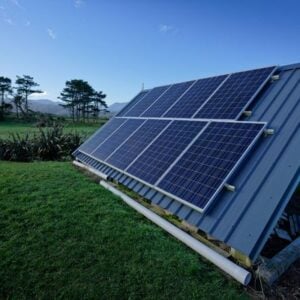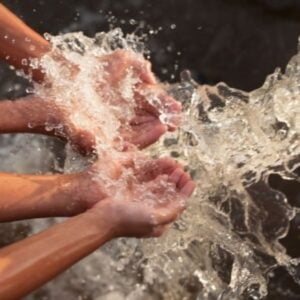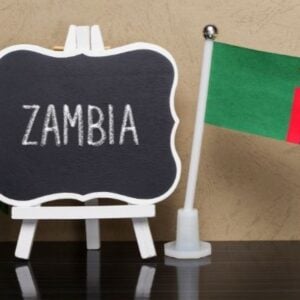The World Bank Board of Executive Directors has approved the Sierra Leone Water Security and WASH Access Improvement Project, supported by a $40 million International Development Association (IDA) grant targeting the Western Area. This initiative marks the first phase of a Multiphase Programmatic Approach, totaling $180 million over the next decade, aimed at improving institutional capacity, strengthening water, sanitation, and hygiene (WASH) services for millions, and enhancing climate resilience across Sierra Leone.
Abdu Muwonge, World Bank Country Manager for Sierra Leone, emphasized that the project will address the country’s urgent water security and sanitation challenges by upgrading infrastructure, strengthening institutions, and fostering community engagement. The project is expected to improve public health, environmental sustainability, and lay the groundwork for resilient economic growth and human development, reinforcing the World Bank’s commitment to universal access to safely managed WASH services.
Sierra Leone’s water and sanitation sector faces significant obstacles, including economic water scarcity, limited infrastructure, poor governance, and inefficient service delivery. Only 63% of the population has basic water access, while just 23% have improved drinking water on premises. Sanitation access remains critically low, with only 32% having safely managed or basic sanitation, and 12% having access to basic hygiene facilities. The sector also struggles with weak institutions, inadequate financing, poor coordination, and climate vulnerability.
To tackle these issues, the project will strengthen the Ministry of Water Resources and Sanitation and related institutions, implement policy and regulatory frameworks, build staff capacity, and develop a national water resources masterplan. It will upgrade water supply infrastructure, enhance operational efficiency of the Guma Valley Water Company, expand access to sanitation and hygiene in schools and health centers, increase fecal sludge treatment capacity, and launch a national behavior change campaign to make Sierra Leone open-defecation free. Additionally, the project will create a funding mechanism to pool budgets and partners’ resources for advancing the national WASH agenda.
Xavier Chauvot De Beauchene, World Bank Lead Water Specialist, noted that this ten-year partnership represents a strategic approach to addressing Sierra Leone’s water and sanitation challenges. By strengthening institutions, improving operational efficiency, and promoting better sanitation practices, the project aims to achieve tangible improvements in water security, public health, and climate-resilient WASH services.
The project is expected to benefit around five million people, including 2.5 million women and 1.5 million youth. Approximately 400,000 residents in the Western Area will gain access to improved water services, while 1.3 million will benefit from enhanced sanitation and hygiene, including 80,000 in public facilities. The initiative will also create roughly 1,400 direct jobs, strengthen the capacity of about 600 sector professionals, and expand fecal sludge treatment to 50,000 cubic meters annually, representing a significant step toward a healthier and more resilient Sierra Leone.







